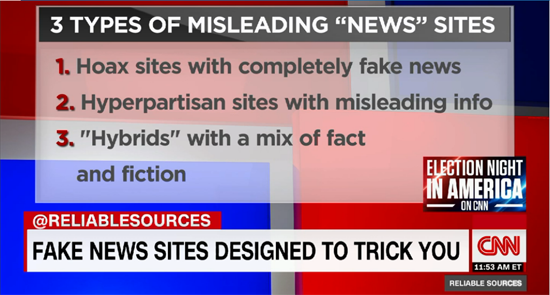Additional legislation may not be the answer to curbing fake news
Fake news is nothing new. Since time immemorial, disinformation has been used to serve political and social ends. For example, in ancient times deceit was a necessary component of war , as shown by the Trojan horse which led to the fall of the city-state of Troy. Tsismis is an acknowledged Filipino trait, but is also universal in character and has been around since our forebears walked the earth.
Of course, technological advances and social media now enable bogus stories to spread much more quickly. But additional legislation may not be the answer to curbing fake news, for the following reasons:
- We have enough laws to address the problem of fake news, Republic Act 10951, the Revised Penal Code and the Cybercrime Prevention Act of 2012 (R.A. 10175) being the most obvious examples. What we need is fair and just enforcement.
- The proposed legislation, such as Senate Bill No. 1492, are so vaguely worded and overbroad in defining what it considers as “fake news” as to be constitutionally questionable. The proposed laws will almost surely infringe upon rights guaranteed by the Constitution such as freedom of expression and the right to information of public interest or concern.
- The very nature of social media and its enabling technology will make restrictions difficult, if not impossible, to implement. Online platforms, such as Facebook, are here to stay, whether we like it or not. As noted by the Senate itself, these platforms are tools for people empowerment. And just like any tool, they can be used for good or bad ends. But by themselves, they are neutral.

How then can we curb the spread of fake news ?
READ: Fake news: 7 types of mis- and disinformation (Part 1)
READ : Be a savvy news consumer. Here are 6 tips for identifying fake news (Part 2)
By educating the users of social media platforms on its judicious use and inculcating a culture of critical thinking and respect for truth and reason. People must be provided proper guideposts but they have to navigate the path themselves. Some simple rules are:
- Consider the source. Check the author. Check the site. Is it credible ? Does it have a history of falsehood ?
- Read beyond the headlines. Don’t take anything at face value.
- Check facts against what you know to be true, i.e. dates, historically known events, known personalities etc.
- Be judicious in sharing news.
READ: Fact-checking day is every day. Here are 8 tips on how you can stand up for facts
While we can pass laws for every conceivable human act, we cannot legislate good judgment.
Butch Dado blogs at thewarriorlawyer.com
Featured imaged via Flickr. Some rights reserved.


